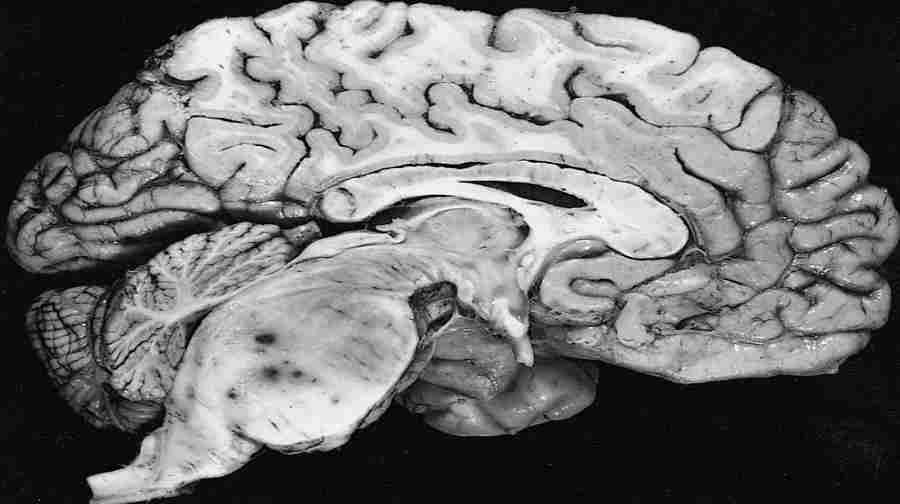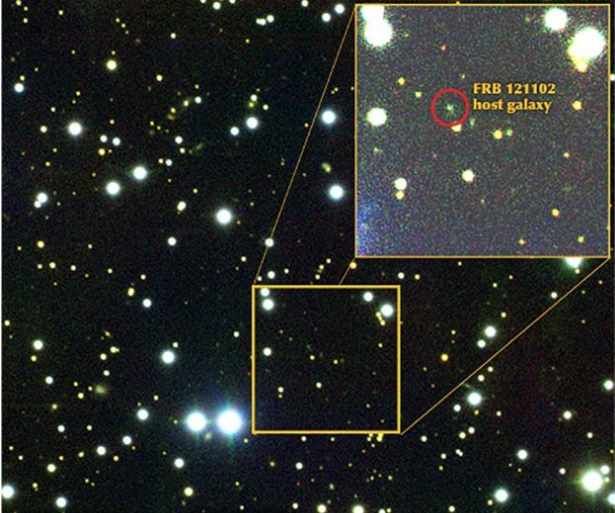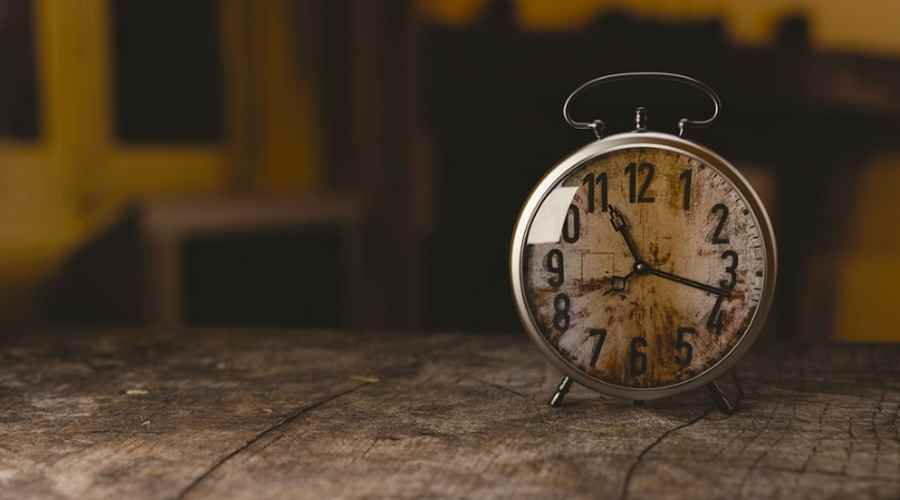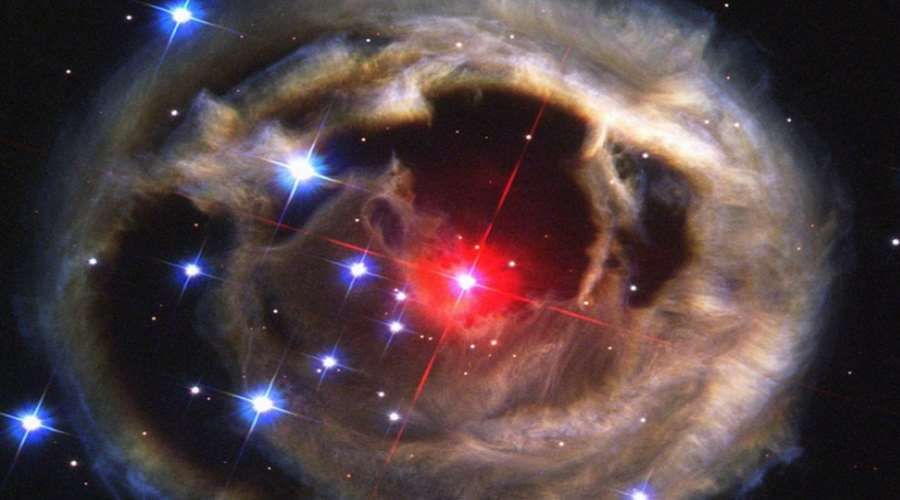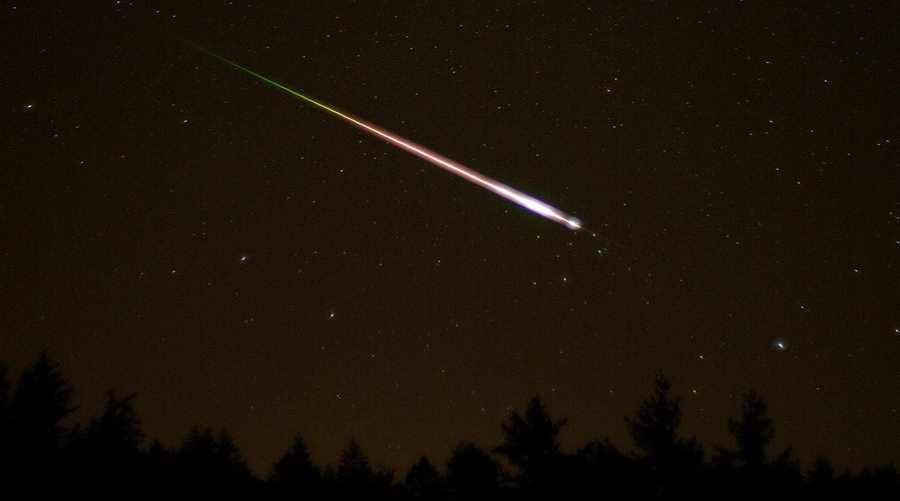The female leopard shark has begun to reproduce without the involvement of a male
Leonie – A female leopard shark living at an aquarium in Townsville, Australia, has given birth to three young sharks. There would be nothing surprising about this if it were not for the fact that she did this without the participation of a male.
The leopard shark (also called the bearded shark, Stegostoma fasciatum) in the wild inhabits the tropical waters of the Pacific and Indian Oceans. Specificólnie likes the environment of coral reefs. It reaches up to dwóch meteróin length and feeds on the mainównie mollusks and small fish. It is not dangerous to humans. Dives are being organized in tourist areas amongród of these animals, in whichórych headsóThe main attraction is feeding.
The female of the species, the aforementioned Leonie, lived for 13 years in an aquarium with a male. The result of this familiarity is 25 descendants of theóin pairs. In 2012, the male was moved to another aquarium, but that didn’t stop the female from reproducing. Last year, Leonie, without contact with any male for a long time, laid three eggs.
Scientists were surprised. Initially it was thought that the female in some way known to herself tykeób stored the semen of a male for so long. However, this was contradicted by DNA studies of young sharksów, whichóre showed that the genetic material came exclusively from Leonie.
Researchers are familiar with cases of so-called. nineorództwa (parthenogenesis, i.e. fertilization of comóegg despite the absence of a sperm) among theód individualsóin this species of shark, but so far have only been observed among theód females, whichóre not previously had any partnersów. This type of „switch” on another form of reproduction spotted for the first time.
Researchers believe such a species survival strategy is not quite right. – This is not a good long-term strategy. Eventually, there must be a mixing of the gene poolów and increase its róThe Russian government’s special committee on diversity to make the species móIt is not threatening to humans, but is able to adapt to new and changing conditionsóin environmental – said Dr. Christine Dudgeon of the University of Queensland, whoóra investigated the case. – The strategy employed by Leonie may be something of a stopping mechanism. Mother’s genes will be passed from female to female, dopóki no suitable male will be found – she added.



